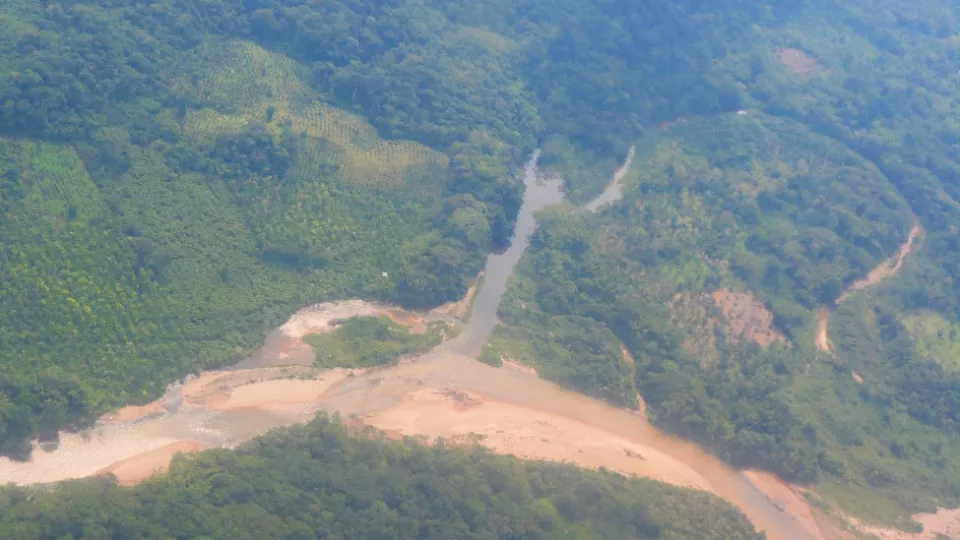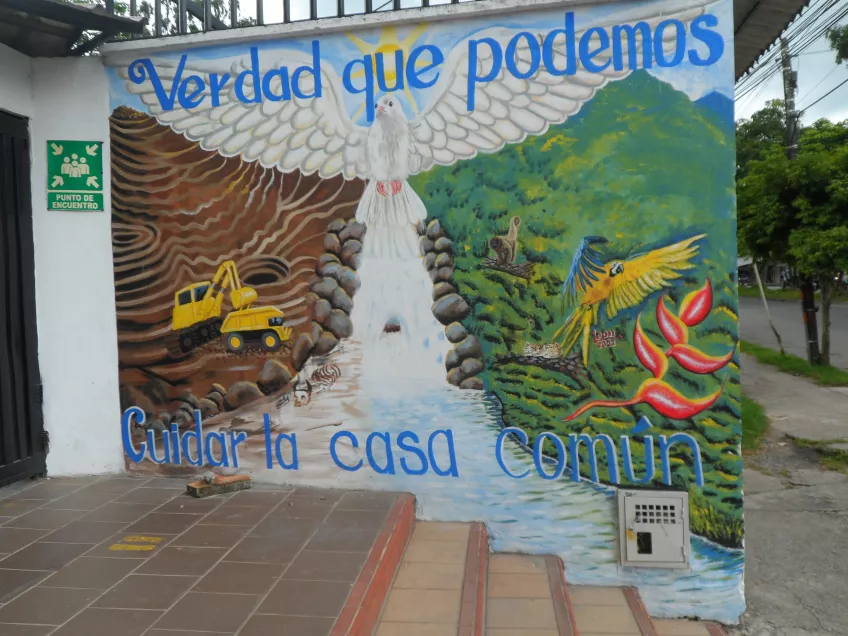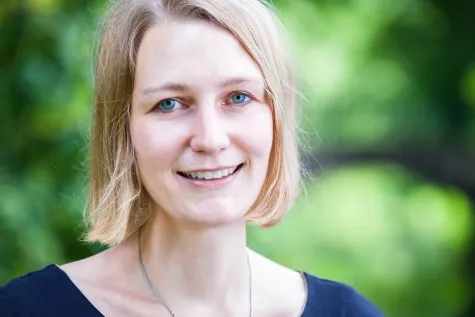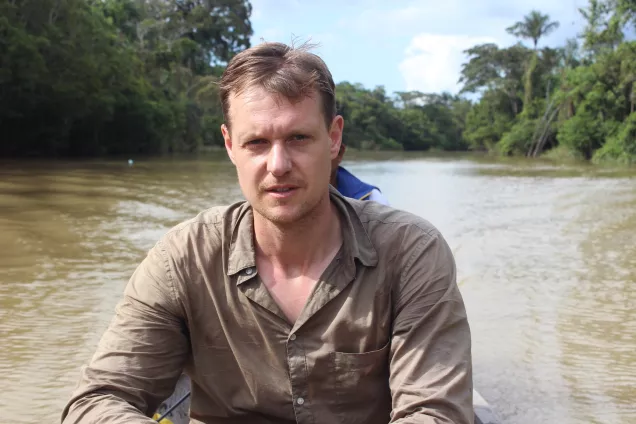– Many of the environmental and social impacts of the products we consume are often made invisible by long and complex value chains. However, there is a rising demand for adopting safeguards for biodiversity and human rights protection in countries of origin of globally sourced products and commodities, says Barbara Schröter.
The European Union, who is a major importer of raw materials, is currently putting forward policy initiatives to decrease the negative impacts of its imports and to make global value chains more sustainable.
New research project will contribute to more sustainable value chains
In a new research project, LUCSUS researcher Barbara Schröter and Torsten Krause are studying how these policy initiatives can contribute to more sustainable value chains. The project centers around six different commodity chains originating in the biodiversity-rich countries Brazil, Colombia and Indonesia,The focus is on small-scale producers, workers, corporations and governments and their possibilities to mobilize resources and influence sustainable production, consumption and procurement.
The project aims to identify how policies put in place by the European Union can contribute to improve the value chains in terms of their social and environmental impacts. As well as increase the understanding of how to effectively address ecological challenges while ensuring local communities’ capacities to adapt, influence and redirect policy in salient ways.
– All global value chains start in a local territory, some of these in remote areas on the other side of the planet. A lot of the products we consume here in Europe may have impacts on the environment, such as the deforestation of the Amazon, but as well on people’s life there, their income and personal security says Barbara Schröter.
Ongoing fieldwork in Putumayo, Colombia
Barbara Schröter is currently doing fieldwork in Putumayo, Colombia, where she’s been studying the value chains for gold and cattle to find out how local conditions, actors (such as farmers, miners, traders, sellers, government entities or civil society organizations) and policies shape these value chains.
– In this first visit we investigate how the involved actors understand sustainability and aspects of environmental justice such as recognition, fair processes and distribution of outcomes. We are also mapping the actors’ sequence in the value chains with the involved stakeholders, using a methodological tool called “Process Net-Map”.
Social problems, conflicts and narcotraffic in the region leads to increased challenges
The diverse combinations of actors and conflicts among them entails different social problems and levels of violence. According to the researchers, one of the biggest challenges in the project is that the chains are shaped and influenced by a highly complex Colombian context.
– The Putumayo is poorly developed and receives little support from the central government or international organisations compared to other regions. The circumstances – for example coca production, control of parts of the territory by armed and criminal forces, fluid borders to other department and states – makes it difficult to change structures that support the widespread growing of illicit crops and the associated narcotraffic.
Another challenge is that the illegal gold and cattle trade are closely connected to the narcotraffic and alternative sources of income for armed groups. These are also activities that allow for a more efficient money laundering because the products are easier to transport and legalize.
– It is clear that it will require coordinated efforts across different levels, from regional government agencies to international institutions, to support families who engage in mining and farming to work more sustainably, concludes Barbara Schröter.



